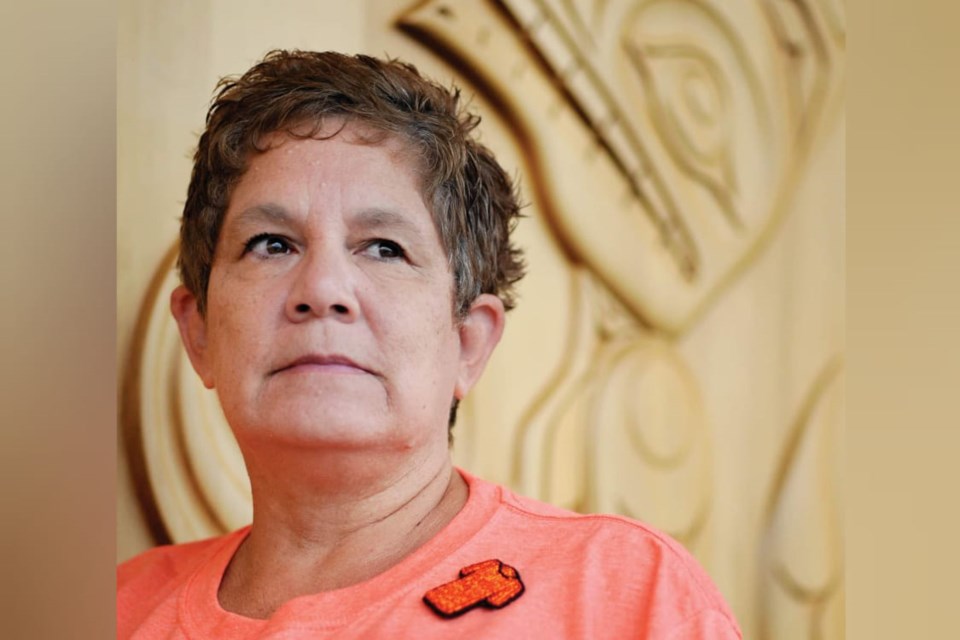This Thursday, Sept. 30, 2021, marks the first observance of a National Day for Truth and Reconciliation.
As the newly elected Chief of Tsleil-Waututh Nation, I have been reflecting a great deal on what the observance of this day means and its significance to our greater community.
To commemorate Sept. 30, our community, including our Nation members and our staff, are taking part in a pilgrimage. Led by our cultural leader Gabriel George, our elected council, and the leaders within our community, we are walking the 8.5-kilometre journey from our Tsleil-Waututh Nation Reserve on Dollarton Highway to the former site of St. Paul’s Residential School, the current site of St. Thomas Aquinas School.
This pilgrimage will be significant for me, and so many other members, because we will be walking the actual path that my dad, his siblings and our relatives took every day to “school.” We have walked with and upheld our parents and Elders for many years, but on this day, we will take the time to retrace their footsteps and reflect on their resilience. We will heal together on the path they walked and celebrate the road they have forged ahead of my generation and all the others to come.
This last year has been momentous for Indigenous people across the country, as well as Canadians. Until this point in history, Indigenous people had already known the truth about residential and day schools and the fate of far too many children that were taken away from their families and communities to attend. It took the discovery of 215 children’s bodies being found in Kamloops for the rest of the country to wake up and start paying attention to this country’s atrocious history.
As news continues to come to light about other residential and day school sites, I can only hope that reality is starting to hit home for those that have been ignorant to Canada’s past.
The work lies ahead of us, not behind. When people ask me what they can do, the answer is simple. The answer is to understand that reconciliation is about a journey, not the destination.
Similar to the pilgrimage we will take part in on Thursday, it is about walking together as a community, holding up our Elders and teaching our children about our past, not about reaching our destination and going home. For our non-Indigenous community members and our neighbours on the North Shore, the work lies in ongoing education. Have conversations around the dinner table. Read the Truth and Reconciliation Commissions Report and Calls to Action. Support Indigenous-led businesses and entrepreneurs. Find ways to build relationships and support our Tsleil-Waututh community.
For local governments, it means supporting Nation-led initiatives, and doing so in a meaningful way. Reconciliation is a word that gets used all the time. Now is the time to move from concept to action.
This is a pivotal time for Indigenous people in Canada.
My hope as a new Chief is that our community can continue to thrive. That we can build capacity for our next generation. That we can work to put the face of our Tsleil-Waututh Nation back on our territory. This will only be possible when our neighbours take the time to both learn about and honour our history as Tsleil-Waututh people.
As a community, we are strong and we will continue to fight for truth and reconciliation, doing the work to honour our Elders and make them proud.
The National Residential Schools Crisis Line is available 24/7 for anyone experiencing pain or distress as a result of residential school experiences: 1-866-925-4419.
Jen Thomas is the newly elected Chief of Tsleil-Waututh Nation



